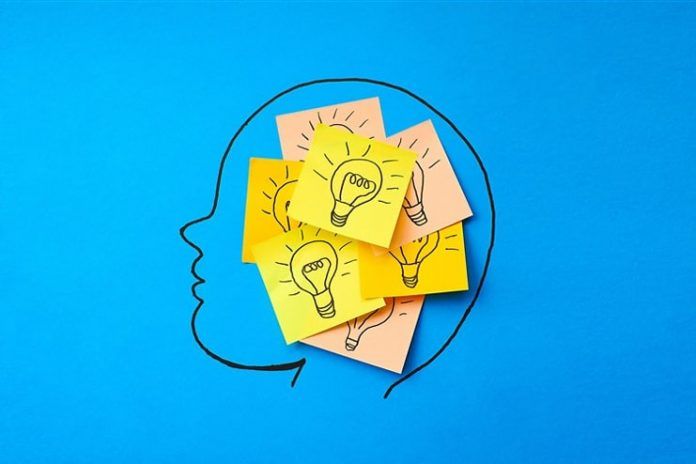Affiliate Disclaimer
Some links in this article are affiliate links. We may earn a small commission if you make a purchase through these links, at no extra cost to you. We only recommend products we find useful to our readersMemories do play a crucial role in your overall cognitive functioning. The recollection and salient processing of the memories is often conjoined activities. It often does happen that we correlate two successive events together when we are trying to recall the memories, right?
A new study (R) conducted by the researchers of the Association of Psychological Science states that two unrelated events are often linked in our memory when they happen close together. It is believed that when two different events, even if they are not related to one another, happen in a brief interval of time, chances are that your memory will link and consolidate them accordingly.
When you are trying to retrieve one memory, chances are that the other event will come up along with it. This is believed to occur even when the events tend to share just one thing in common – the temporal proximity.
Psychological scientist M. Karl Healey of Michigan State University said that their research has found traces of data which indicate that people are persistently focusing more on the order of events that they occur in irrespective of whether or not they are related or not. This formed order of events help in easy retrieval of the memory, the scientist states.
The memory scientists from various parts of the world have been keen on establishing the link whether or not the temporal proximity act as a tether that connect the various events we experience, related or not.
In order to test out the same, the researchers chanted a few words to the subjects and asked them to memorise them in the order said. The results observed are still not concrete and leave behind a crevice of doubt as to how the same will end up affecting the memory correlated with the real life events.
Healy further had the lightning struck her thoughts during the US Election results in the year of 2016. While she had been fretting about the entire future of her country, her eyes glued to her TV set, she knew that the entire nation was nothing different. This did pave way for a more naturalistic approach to testing out their objective. The researcher asked the subjects to remember the news stories instead of the word lists.
Wondering how this would have been beneficial, right?
Healy along with her coauthor Mitchell G.Uitvlugt conducted an online based survey the very next day of the Election Day. The participants of the study were given 7 minutes to recall as many election related news stories that they could in that given time frame. For each story they remembered, they also had to drop a little summarized newspaper style headline.
Following collection of the data, the scientists went on to identify the actual news stories that the subjects pointed out in their results. They further analysed the dates of when the corresponding stories appeared. For the sole purpose of their study, the researchers didn’t consider any news headlines that were not election specific. In the end, the data stood out to 7759 headlines from around 855 participants.
The data was assessed and the researchers calculated the lag score that measured the transition in the sequence of the news headlines from one day to the other. The researchers categorized these transitions into two sections – the short transition and the long transition.
Short transitions, ranging from 0-10 days were the most common ones. Alternatively, the long transitions which account for a 50 days margin or so were found to be quite less frequent. The analyses found that the subjects who participated in the survey didn’t remember the news stories based on them being natural clustered close naturally but remember them because of the clustering of the stories together in the memory.
Yet another study conducted a few months later found similar results. The data collected from 561 participants further helped solidify the observations from the first conducted study.
The researchers were actually quite surprised at how the real world data coincided with the lab based observations they retrieved with the memorization of the words. The fundamental level of these findings was believed to be governed by similar principles.
The final conclusion of the research was believed to be the fact that memories have an intermittent possibility of linking together when they happen in near together time intervals. When you try to retrieve a memory of a memory, chances are that the other linked event will simultaneously pop up in your head as well.




















